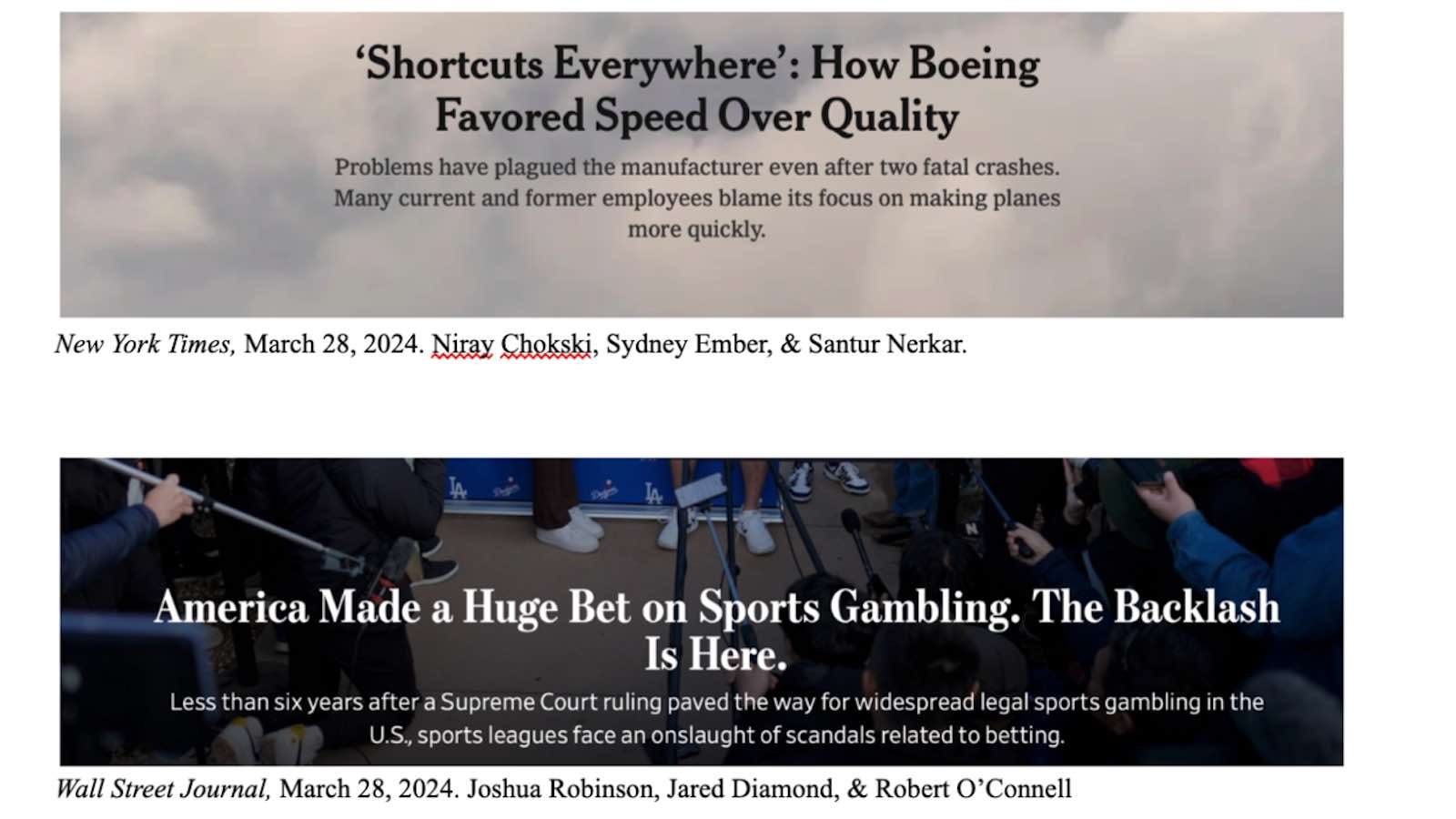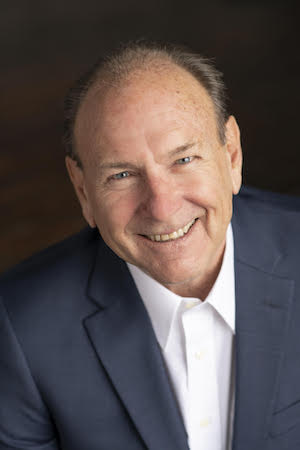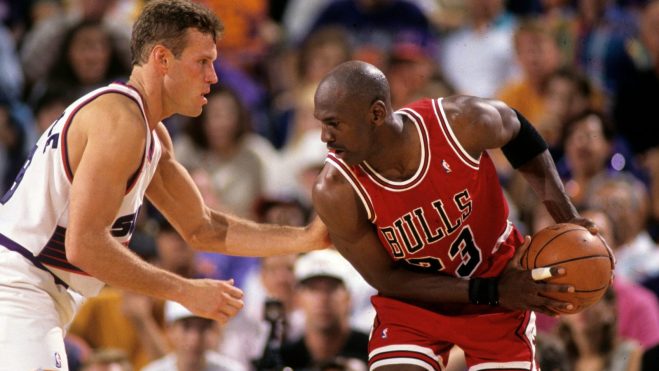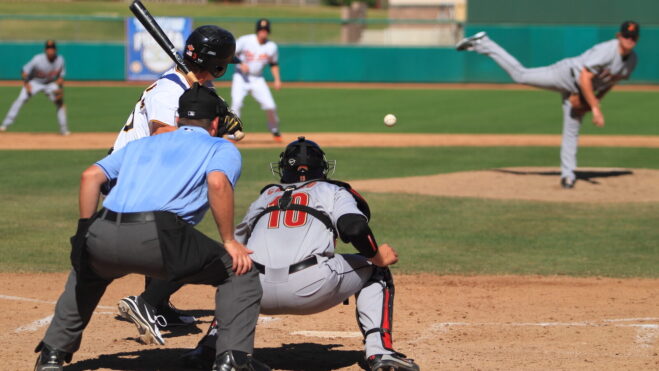Schuetz: Gambling Regulation And Boeing Chart The Same Turbulent Path
It is just impossible to create sound regulatory agencies out of whole cloth. They need to be developed. I would argue that the fault clearly falls on our politicians for this not happening.
7 min

On the morning of March 28, 2024, I spotted the first headline listed above in the New York Times. The story was about an increasing number of malfunctions affecting airplanes produced by Boeing Company, and the article suggested that these malfunctions resulted from the company shifting its emphasis toward speed to market at the expense of construction integrity. This all attracted attention because planes were crashing, and there had been several stories where parts fell off of Boeing planes. Planes crashing and parts falling off planes tend to generate a good deal of bad press.
The main reason I noticed this headline, other than being a consumer of airline travel, was that I had been a student of gambling since I entered the industry in 1971. The main belief I have had about the industry since 2018 is that it is also more interested in speed to market than integrity—and this rush was also creating a dangerous environment for consumers and the industry.
It came as something of a surprise as I continued my morning reading routine and came across the second headline listed above from the Wall Street Journal. This article was about a suggested backlash that is currently being experienced in the US over the rapid expansion of sports betting in the country.
Quite a coincidence, indeed.
I believe that the quality of regulation currently taking place in gaming is an embarrassment. Everyone is entitled to an opinion, and that is mine. Under what conditions was my opinion shaped?
Perspective shaped by experience
I started in the casino business in 1971, working nights at Harrahs, Reno, while I attended college during the day. I left Reno in an effort to secure a Ph.D. degree in economics at the University of Utah. I spent two years of my time in Utah developing the dissertation topic of the evolution of the Nevada gaming regulatory effort from 1945 to 1966.

I believe that I am one of the few people alive who has met all of the heads of gaming regulation in Nevada from 1958 to 2018. I have submitted over 120 gaming license applications around the world without incident. I have worked within the industry for dozens of years, up to the CEO position at a Las Vegas casino company.
The governor of California twice appointed me a member of the state’s Gaming Commission. I was also the executive director of the Bermuda Casino Gaming Commission. The City of Detroit and the state of Kansas engaged me as a consultant as they introduced casinos. I have also lectured on casino management and regulation around the world and published numerous articles on the topic. I was named special consultant to the California Governor’s Office on iGaming and to a similar role for the California Senate.
Again, based on that experience, I think, as a general statement, the gaming regulatory efforts in the U.S. today often come up lacking.
This is not to be interpreted as a slight to the regulators, for there are some good ones out there –just not enough. It is just impossible to create sound regulatory agencies out of whole cloth. They need to be developed. I would argue that the fault clearly falls on our politicians for this not happening.
Apex of the insanity
The Wall Street Journal article listed above is not the first suggestion that all is not heaven in the burgeoning world of sports betting. With the repeal of PASPA and the ensuing rapid expansion of online sports betting across many states in the United States, things seemed to change regarding the image that the gaming industry was well-regulated.
This was explained to a wide swath of the country with the publication by the New York Times of an article entitled “Why States Were Unprepared for the Sports-Betting Onslaught,” published on November 20, 2022, which chronicled a variety of the early regulatory and legislative miscues of the online sports betting industry. A contributing factor to the reason for these oversights was the speed of the market growth in the post-PASPA repeal period, and this subject was also discussed in a New York Times article entitled “Cigars, Booze, Money: How a Lobbying Blitz Made Sports Betting Ubiquitous,” also published on November 20, 2022.
The point was that the roll-out of sports wagering was too much too soon, fed by an industry awash in cash and a political class that could not wait to get their hands on it. Moreover, few people had a hint as to how sports betting worked and how to regulate the delivery of sports betting products being delivered over the Internet.
The apex of the insanity of an industry awash in cash and throwing it at politicians and their ilk with reckless abandon was in California during the November 2022 elections. The industry spent hundreds of millions of dollars basically proving that they did not have a hint about what they were doing by grabbing a whopping 17% of the vote. Not only did they manage to incinerate a massive pile of money, but they also managed to foul the nest for the future.
Throughout this rapid roll-out of sports betting, many politicians were anxious to demonstrate that they had no earthly idea about what was involved in launching a well-regulated sports betting industry. An excellent example is Massachusetts Senator Michael Rodriques, who, after the sports betting bill passed in his state on August 1, 2022, suggested that betting would be operable by the start of the NFL season – an event that was five weeks away. Fortunately, saner and more reasoned voices ruled the day, and it was launched on March 10, 2023.
It took Kentucky to demonstrate just how far a jurisdiction can be driven off the rails by clueless and/or selfish politicians in an effort to launch sports betting in the post-PASPA repeal period.
Kentucky Governor Andy Beshear advocated for sports betting in the state and signed into law Kentucky’s sports betting bill on March 31, 2023. He followed that act with what is becoming a trend among politicians, declaring that he would like to be open for an event on the sporting calendar, in this case, the start of football season. The more appropriate answer would be to suggest he desired to be open when quality regulators could be assembled, and they were comfortable that they could provide an appropriate level of oversight for the industry.
It was suggested that Governor Beshear wanted sports betting open for the start of football because he was anxious for the state to begin reaping the tax benefits. So too, however, Governor Beshear is a Democratic governor in a very Republican state running for re-election in early November, and this would be a feather in his cap for that campaign.
Kentucky opened sports betting on Sept. 7, and it seems that Governor Beshear made himself the center of attention at the press event celebrating this day by making the first bet. Normally, a well-known athlete/celebrity within the jurisdiction would be used in this role to generate the greatest exposure among the potential betting public in the jurisdiction, for this awareness would translate into greater revenues for the operators and greater tax revenues for the state. It seems, however, that Governor Beshear saw this as an opportunity to use this event as a photo opportunity for his campaign, for the election was but six weeks away from when he was posing for the first-bet cameras.
Regulation by prayer
Between the passage of the law and Governor Beshear’s first bet, what took place in Kentucky would indicate that this state did not take the regulation of sports betting too seriously.
The state hired Hans Stokke as the head of the regulatory efforts for sports betting in the Commonwealth of Kentucky. Curiously, Mr. Stokke had no experience with sports betting or its regulation. Moreover, according to the site transparency.ky.gov, his title was executive advisor, and his salary was $85,860.
Mr. Stokke was working within the Kentucky Horse Racing Commission, where last year, according to the gov salaries website, the highest-paid individual received a salary of $167,400, and the average salary was $73,666. This would indicate that the person directing the regulatory efforts in sports betting was not an overly important asset in the Kentucky gaming regulatory bureaucracy, at least as measured by salary level. Also, according to his LinkedIn profile, he lasted in the position for only seven months.
The executive director of Tennessee’s Sports Wagering Council, according to the website open payrolls, was being paid a $225,000 salary. In Massachusetts, the state’s website indicates that the Director of Sports Wagering had a salary of $158,022. A comparable position in Pennsylvania paid $124,226, according to the government salaries website. One would speculate that Kentucky opted to go the no-gaming or gaming regulatory experience route to be able to hire on the cheap.
It gets worse. According to a WCPO I-Team Investigation written by Dan Monk, none of the 10 people who have joined the KHRC to regulate sports betting had any prior experience in gaming. Moreover, Mr. Monk suggests that the staffing levels were below even what Kentucky planned and are much smaller than other sports betting regulatory agencies.
The most noteworthy quote in the I-Team article comes from Governor Beshear, who, when confronted with all of these apparent issues, suggests: “We are going to learn as we go.”
Governor Beshear is implementing what I call a model of “regulation by prayer.” While never wanting to discount the power of prayer, it is always nice to have some experienced hands around.
Imagine if Governor Beshear planned on using his “learning by doing” policy in other regulatory environments. One wonders if he were going in for heart surgery, and he understood that the person who oversaw surgeons in the state and developed the appropriate procedures had no earthly idea what surgery was about. One wonders if the Governor would be comfortable with this learning-by-doing attitude as he settled onto the operating table.
Unfortunately, such silliness and a rush to market can be found in almost all states launching sports betting.
What we have in the rapidly expanding U.S. sports betting market is the involvement of too many politicians whose objectives are not necessarily aligned with creating sustainable, well-regulated markets. The goal of going fast is being pushed at the expense of getting it right, and we now seem to be entering into our Boeing moment, where a lot of damage is taking place because speed to market has become more important than getting it right.






